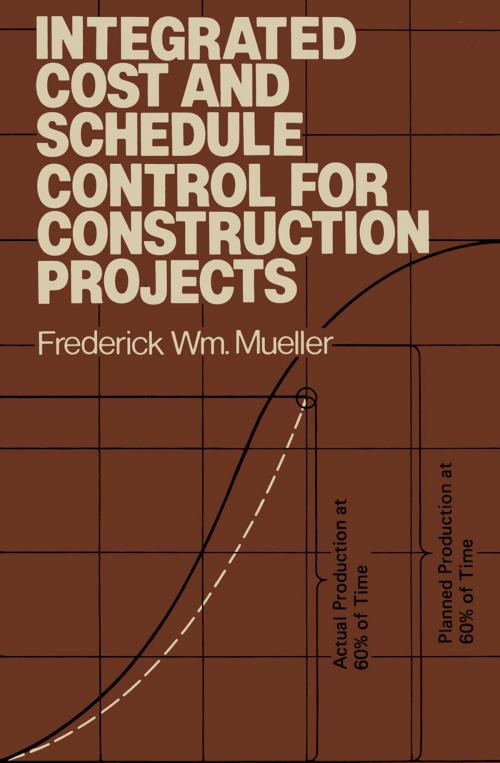Integrated Cost and Schedule Control for Construction Projects
Kids, Natural World, Nonfiction, Reference & Language, Education & Teaching, Science & Nature, Science| Author: | Frederick W. Mueller | ISBN: | 9781461597506 |
| Publisher: | Springer US | Publication: | December 6, 2012 |
| Imprint: | Springer | Language: | English |
| Author: | Frederick W. Mueller |
| ISBN: | 9781461597506 |
| Publisher: | Springer US |
| Publication: | December 6, 2012 |
| Imprint: | Springer |
| Language: | English |
Management and administrative processes within the construction industry have been undergoing major changes in the last several decades. These changes have involved significant adjustments in management science and manage ment techniques, brought about by the need for contemporary valid informa tion with which to manage the construction process. In short, management in the construction industry is changing significantly; change will continue at an accelerated pace at least through the next decade. The responses required of construction industry management are now resulting in a movement away from an entrepreneurial management style to professional management tech niques and procedures. THE COMPELLING ECONOMIC ISSUES The issues forcing these changes are economic. The rising costs of construction and of money are forcing the buyers of construction services to be more demanding. Their demands are for more construction economies, more pro duction, and more productivity than at any time in the past. Nowhere has this been more evident than in the Business Roundtable on construction and in the response of the construction industry to it.· To be successfully responsive, management in the construction industry will be required to use the best project management methods available for cost control, schedule control, and for financial and accounting controls. But responsive professional management can survive and will flourish within this more demanding eco nomic environment.
Management and administrative processes within the construction industry have been undergoing major changes in the last several decades. These changes have involved significant adjustments in management science and manage ment techniques, brought about by the need for contemporary valid informa tion with which to manage the construction process. In short, management in the construction industry is changing significantly; change will continue at an accelerated pace at least through the next decade. The responses required of construction industry management are now resulting in a movement away from an entrepreneurial management style to professional management tech niques and procedures. THE COMPELLING ECONOMIC ISSUES The issues forcing these changes are economic. The rising costs of construction and of money are forcing the buyers of construction services to be more demanding. Their demands are for more construction economies, more pro duction, and more productivity than at any time in the past. Nowhere has this been more evident than in the Business Roundtable on construction and in the response of the construction industry to it.· To be successfully responsive, management in the construction industry will be required to use the best project management methods available for cost control, schedule control, and for financial and accounting controls. But responsive professional management can survive and will flourish within this more demanding eco nomic environment.















